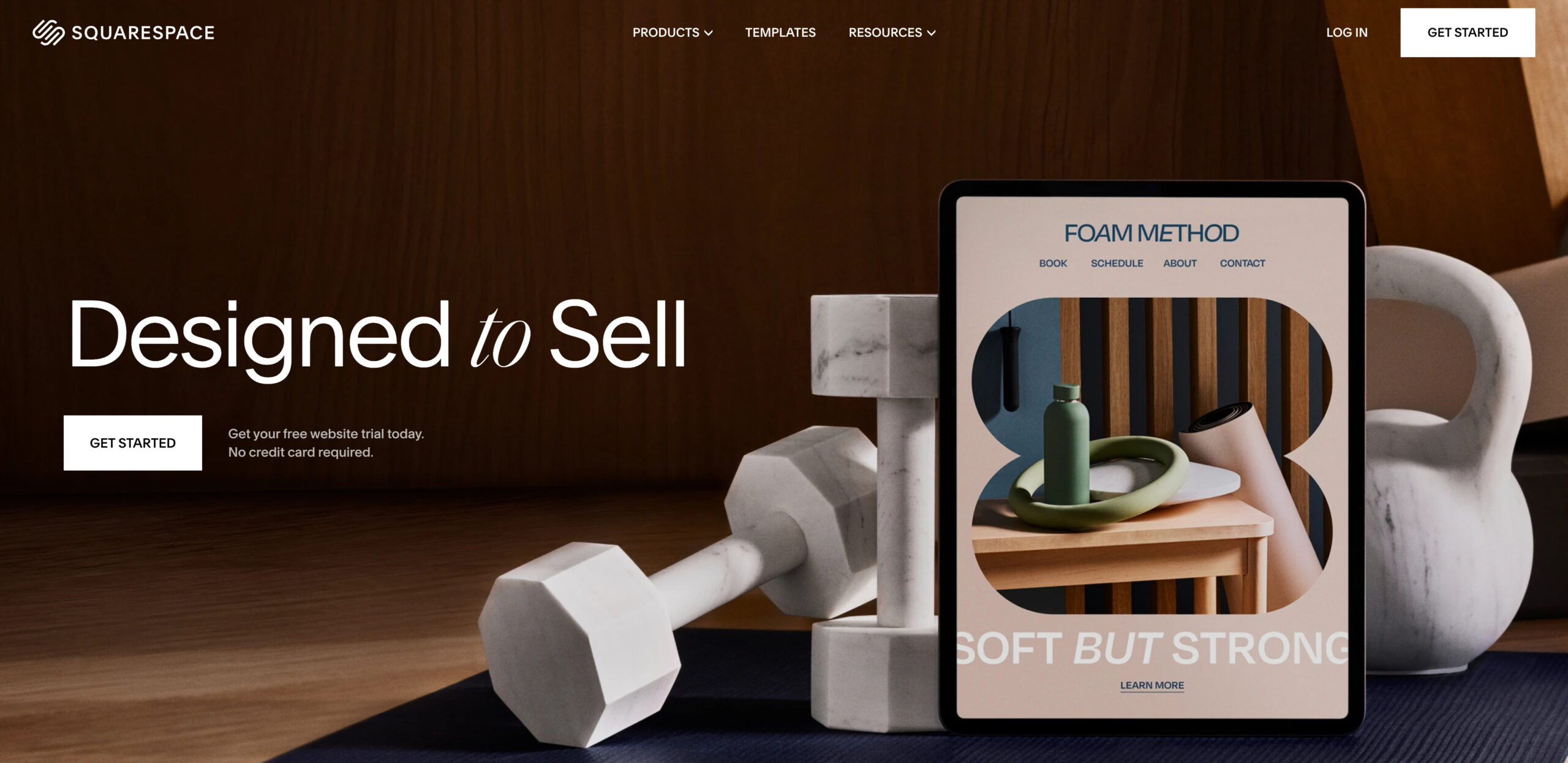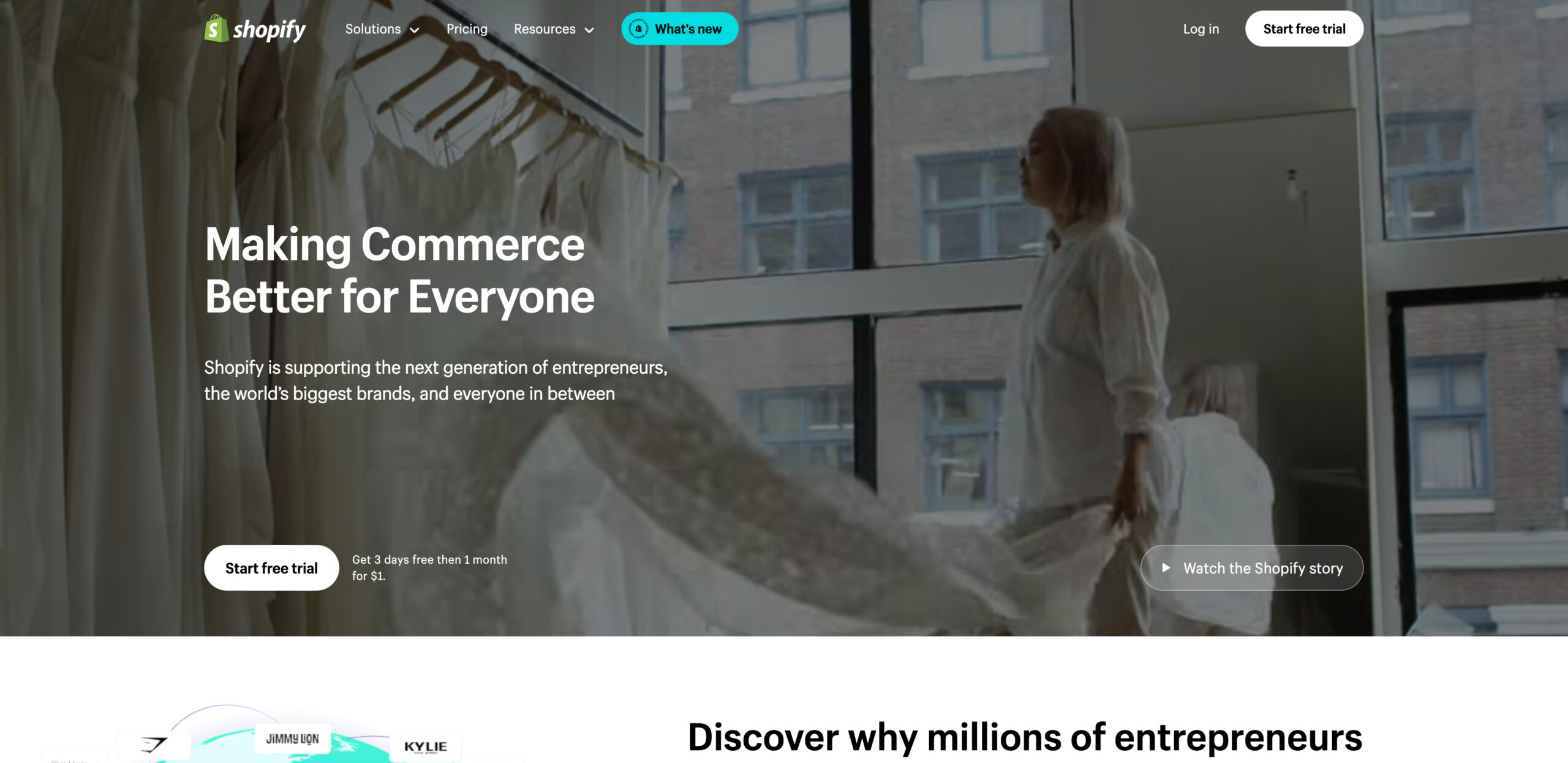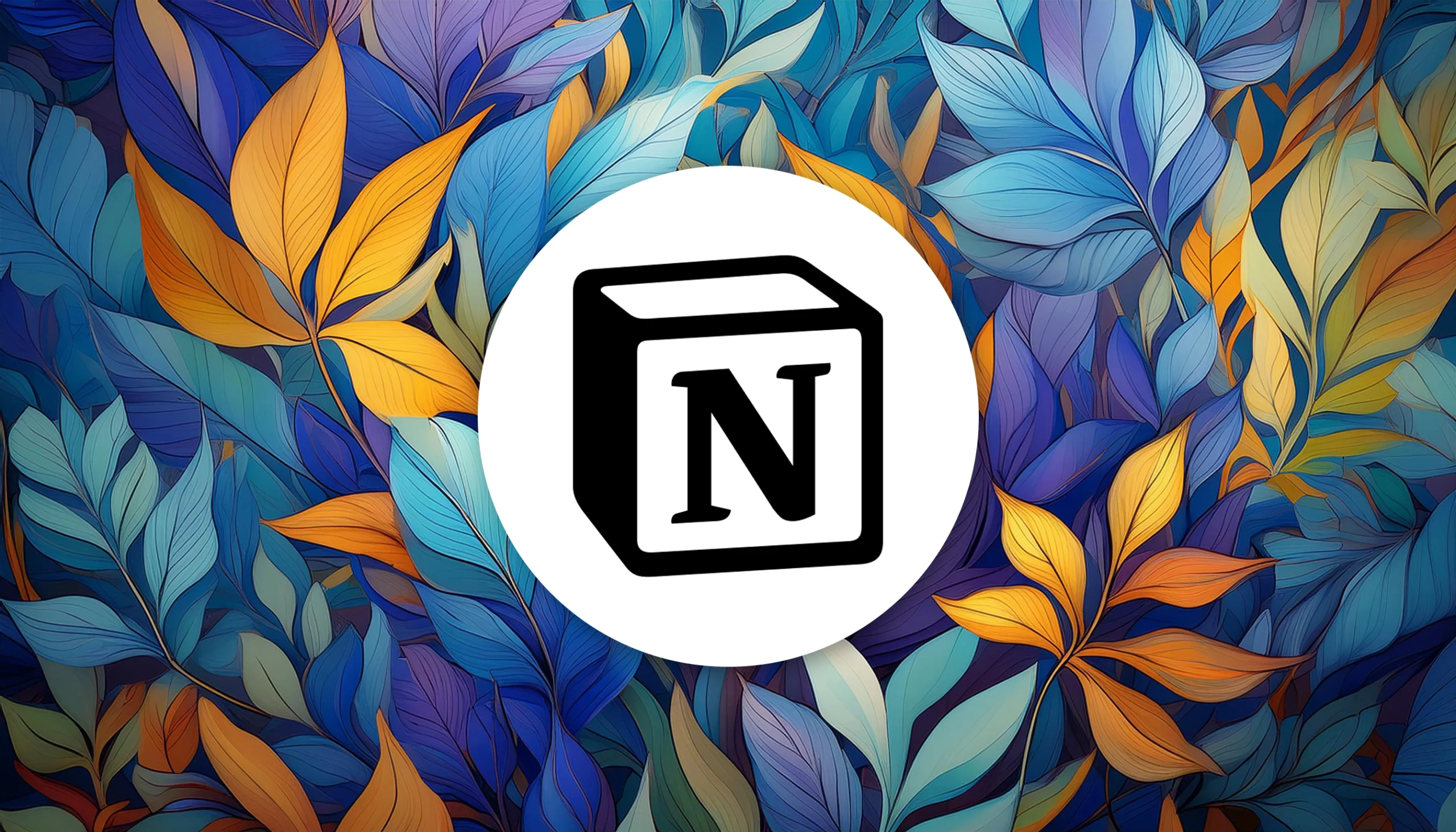Your cart is currently empty!
A website is essential for artists to showcase their work, reach a wider audience, and sell artwork. This article covers our top choices for website builders suited to artists.
Picks are prioritized by quality and common use cases. See platform details for further information. Find additional recommendations and considerations below.
Best Website Builders for Artists
Here are our picks for the three top website builders for most artists:
- Squarespace
- Fourthwall
- Shopify
1. Squarespace

Squarespace is a great platform for those who want to design visually engaging sites, without needing to know much about web design or development.
Squarespace’s drag-and-drop interface makes it easy to create simple, well-designed sites. It also offers a robust collection of features that make it a good choice for growing efforts.
For example, it offers quality photo galleries, blog features, SEO configurations, email marketing integrations, and domain management. While Squarespace’s price tag may be higher than others, its comprehensive features and streamlined updates make it a rounded and flexible option for most artists.
Features
- Intuitive drag-and-drop design interface
- Integrated e-commerce capabilities for selling artwork
- High-quality image management tools
- Native support for responsive design
- Quality SEO tools to help optimize pages
Pros
- Easy-to-use design interface
- Great platform for growth
- Rich features and integrations
- Hosting and domain services
Cons
- Limited customization compared to other platforms
- Slightly higher cost for premium features
- Limited content formatting. For example, posts don’t support tables in their content.
Best For
- Artists who want to create well-designed websites without much web design or development knowledge.
- Artists who want an expansive platform for marketing, blogging, e-commerce, and other efforts related to the site.
2. Fourthwall

Fourthwall is a unique platform specifically designed for artists and creators. It offers artist-specific tools for monetization and fan engagement, making it an excellent choice for those looking to build a community around their work.
For example, Fourthwall offers streamlined dropshipping features. You can upload a design, and it will create all the web resources you need to turn it into a product, like a t-shirt, and sell it on the site.
One of Fourthwall’s standout considerations is its incredibly low startup costs. You can use the platform for free, and you can link a custom domain for free, so initial costs only might include the domain name if you don’t already have one. From there, it’s good to order samples to ensure product quality, but those are natural expenses for any similar e-commerce platform.
Design and feature capabilities are highly limited compared to other options, but they offer quality templates with engaging designs. The SEO capabilities are definitely lacking, but the site templates are good enough that pages can still show up in Google without much effort.
Overall, Fourthwall is a great option for those who want a cheap and simple way to get online and sell various goods.
Features
- Artist-specific tools for monetization and fan engagement
- Integrated e-commerce for selling prints and merchandise
- Customizable templates designed for creative portfolios
- Native responsive design
- Built-in marketing tools for promoting work
Pros
- Low startup costs
- Focused on the needs of artists and creators
- Easy integration with social media platforms
- Strong community and support resources
Cons
- Fewer templates compared to more general website builders
- Limited features for non-artist needs
- Lacking SEO features
Best For
- Artists who want a solid, cheap starting point for e-commerce.
- Artists who want to create dropshipping products with designs
3. Shopify

Shopify is a powerful e-commerce platform ideal for artists looking to sell their work online. Its robust e-commerce capabilities are designed for online sales and offer high-quality product image display and management.
If you would like to build a site focused on selling work, Shopify is likely your best option. It offers the most e-commerce features and integrations, as well as many marketing and development tools.
Shopify is one of the more expensive options. The platform offers a free trial, but it gets burdensome to maintain once that expires. To keep your site active and healthy, you’ll need to pay the monthly subscription (not cheap) and likely need paid add-ons.
Because of this, Shopify is only recommended for those who want to build a top-quality shop. If you’re just establishing yourself as an artist, or you want to try cheaper options, maybe consider other platforms. If you’re confident you can build and maintain a shop for your work, Shopify is a strong option.
Features
- Robust e-commerce capabilities designed for online sales
- High-quality product image display and management
- Customizable templates to optimize product sales
- Mobile responsive themes
- Excellent SEO and marketing tools
- Etsy integration for physical artwork sales
Pros
- Best-in-class e-commerce features
- Extensive Shopify App Store for additional functionality
- Highly customizable
Cons
- More expensive compared to other options
- Can be complex for users with no e-commerce experience
- Not best for non-e-commerce sites.
Best For
- Artists who want to focus on creating a quality shopping experience.
- Art e-commerce sites, whether that’s physical goods or using designs for dropshipping.
Alternatives to Consider
While those are our top three picks, there are many other quality website builders available that fit additional needs. Here are more platforms to consider, beyond our top picks:
- WordPress: Best suited to sites focusing on written content. It offers well-designed templates and features for image galleries, e-commerce integrations, and plenty more, but it can be a pain to learn and maintain. Worth exploring, as it’s still one of the best CMS options available.
- Webflow: Best for artists with technical know-how. Webflow has some of the best features for front-end development, so artists with web design experience will likely find it powerful. However, the backend aspects can be tedious for anyone less experienced with creating websites.
- Wix: An easy-going option for artists seeking other popular drag-and-drop website builders. While it can be simplistic, Wix offers many robust features and integrations to build a suitable artist portfolio or shop.
How to Choose a Website Builder
Selecting the right website builder involves several factors:
- Determine your needs: Decide if you need a simple portfolio site or a full-fledged e-commerce platform.
- Consider your technical skill level: Some website builders are more user-friendly for beginners, while others offer more advanced customization options. Use any free trial periods to try a range of options and see what is most intuitive to you.
- Evaluate costs and available budget: Compare pricing plans and decide what fits within your budget. Some platforms have free trials and low subscriptions, while others charge a premium for quality services and features.
- Test out your content: One of the best ways to determine if a platform is right for you is to try building something with it. What is the experience like? Can you edit the SEO fields you’d like to? How easy is it to manage the site? Determine these and similar questions to make an informed decision.
Bottom Line
Choosing the best website builder for your artistic needs depends on your goals, budget, and technical expertise.
- Squarespace is a great all-around option for artists seeking a professional design with little maintenance.
- Fourthwall offers a quick and cheap path to e-commerce
- Shopify appeals to artists looking to create a robust shop
Other options like WordPress and Webflow also offer some of the best alternatives. Explore each platform to find the one that best suits your needs and start showcasing your art.
Topics





